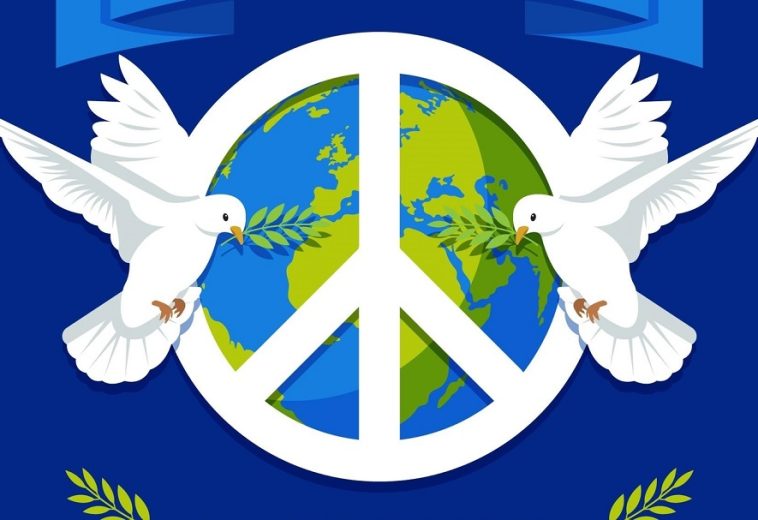The importance of maritime security cannot be overstated, as over 80 per cent of global trade depends on sea transportation. Africa plays a pivotal role in this due to its strategic geographical location. However, the security situation in these waters has been a concern for some time, particularly in the Gulf of Aden, situated in the Horn of Africa.
The Gulf of Aden is vital to intercontinental trade as it connects Europe, Asia, and Africa. Unfortunately, the security situation in this region has had a significant negative impact on global trade. Maritime piracy and conflicts have made the Gulf of Aden a sensitive area for shipping.
Located along the Suez Canal route between the Mediterranean Sea and the Arabian Sea, the Gulf of Aden is a key passage for more than 21,000 ships annually, including those delivering oil from the Persian Gulf. According to the International Maritime Organization (IMO), the Gulf accounts for approximately 10% of global trade, including oil shipments.
Despite its significance, the Gulf of Aden has been severely affected by piracy and mainland conflicts. Houthi forces have frequently targeted vessels, exacerbating insecurity in the region. The number of vessels using this route has declined by 50 per cent over the past year, compared to a 37 per cent reduction the previous year. Container transits through the Gulf of Aden and the Suez Canal have decreased by 70 per cent.
These challenges have resulted in billions of dollars in annual losses for the region and have forced shipping and logistics firms to seek alternative, costlier routes. This has contributed to rising shipping costs and, consequently, higher prices for goods in global markets.
Several underlying factors contribute to the surge in piracy. One is the political instability in nearby regions such as Somalia and Yemen, compounded by conflicts like the Israel-Gaza crisis. The absence of stable governments and effective law enforcement has created an environment where lawlessness thrives.
Economic hardship in neighbouring countries also plays a major role. Prolonged conflicts have impoverished many communities, leaving individuals with few alternatives for livelihood other than turning to piracy, thereby perpetuating a cycle of violence and crime.
Efforts have been made to improve security in the region. The international community has employed a hybrid approach combining military intervention, legal frameworks, and capacity-building initiatives. The European Union, NATO, and other coalitions have deployed naval forces to conduct anti-piracy missions, often escorting shipping vessels to protect vital trade routes. Some shipping companies have also employed private security firms, which, while effective in deterring attacks, have raised concerns about accountability and the potential for escalation.
Prosecuting pirates remains a challenge, as many countries in the region lack the legal infrastructure to deal with captured offenders. International initiatives such as the Djibouti Code of Conduct aim to enhance legal cooperation and improve judicial processes in affected regions. Additionally, efforts to address the root causes of piracy—through local community engagement, economic development, education, and governance—are providing alternatives to piracy and fostering resilience against criminal activities.
The security situation in the Gulf of Aden has compelled the use of alternative export routes, but these are more expensive and time-consuming. Capacity constraints further complicate the issue. Technological advancements, including drone surveillance and cybersecurity measures, have played a role in monitoring and protecting maritime routes. However, sustained international cooperation and a commitment to tackling piracy are crucial.
The Gulf of Aden is essential to Africa’s economic development, and the threat of piracy undermines this potential. As global trade becomes increasingly interconnected, maritime security will remain a pressing issue, requiring both intra-African collaboration and international cooperation to overcome current and future challenges.




